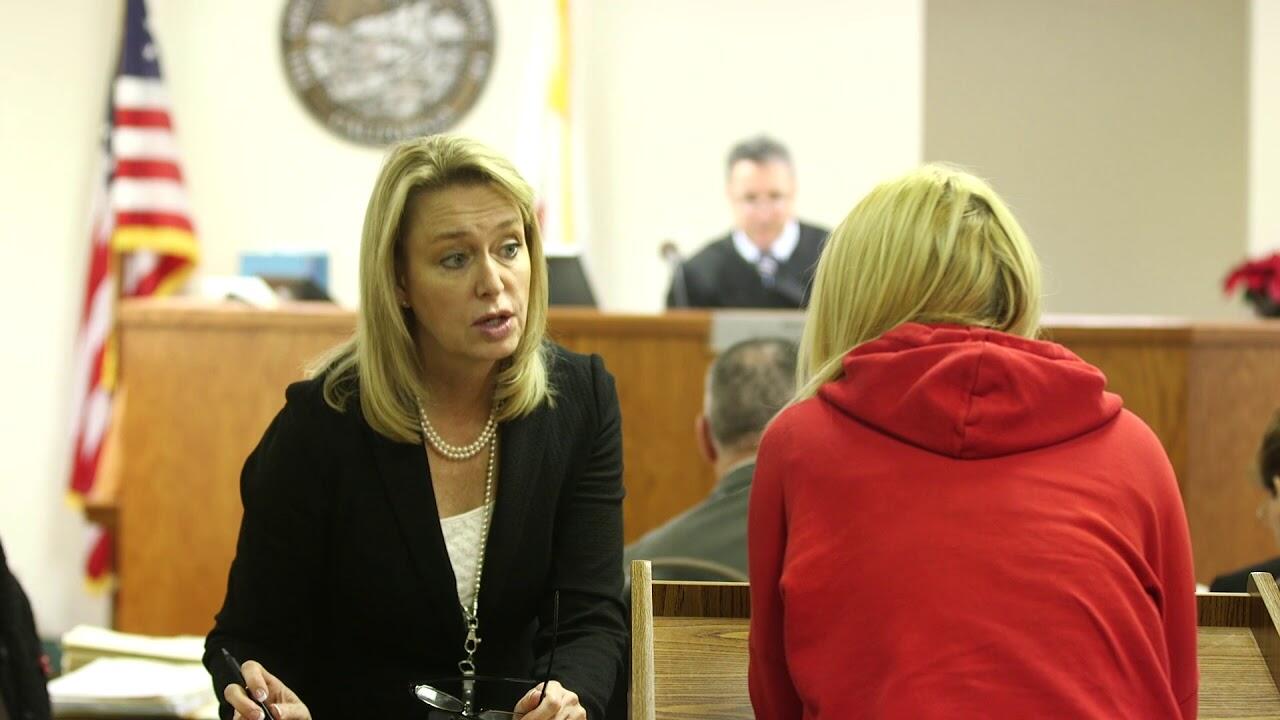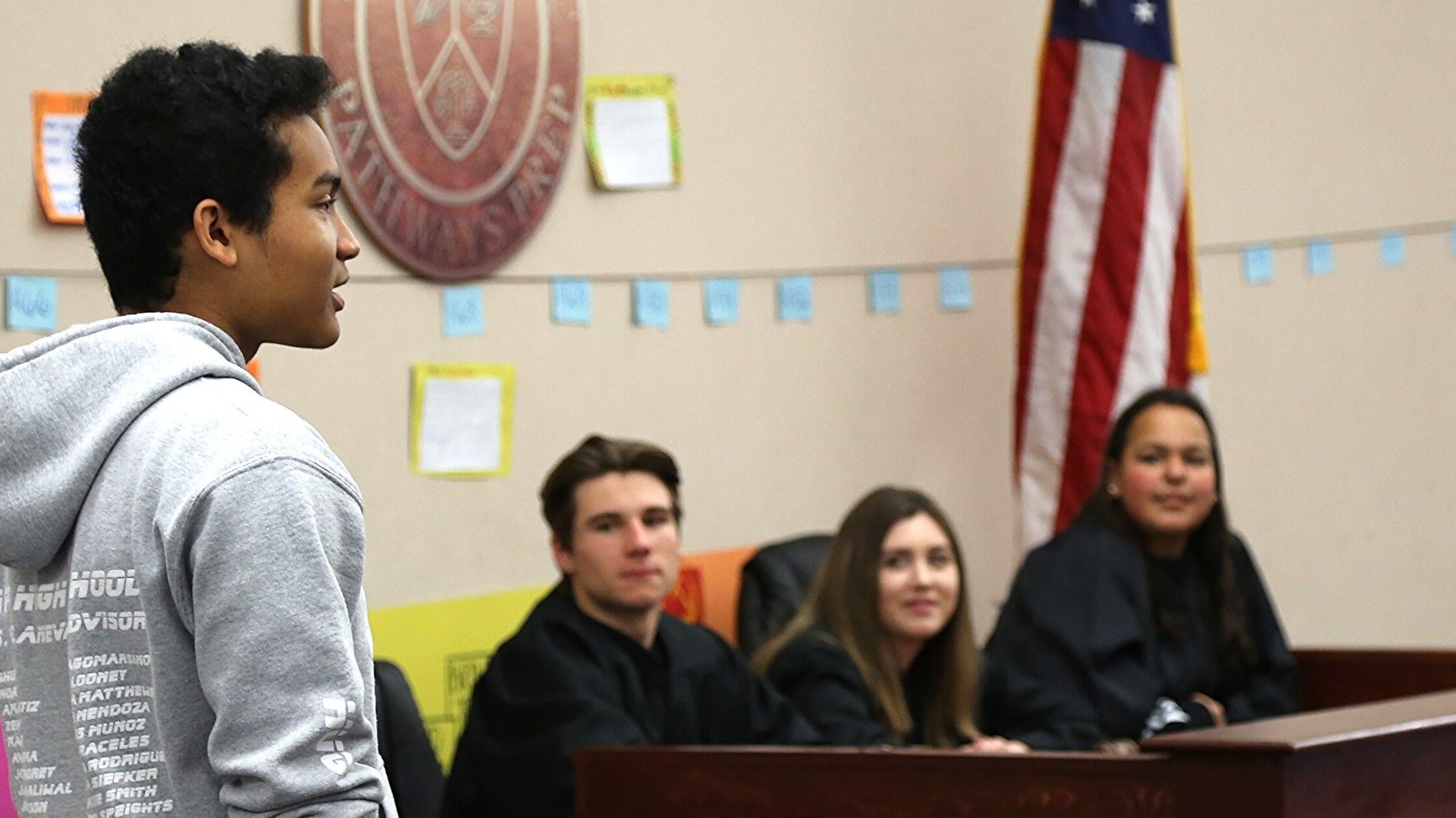San Joaquin Court Transforms Lives
Hundreds of proud family members and friends packed the Bob Hope Theater in Stockton on Thursday to support and cheer on graduates of San Joaquin’s Collaborative Courts program.
Each graduate, dressed in black caps and gowns, crossed the stage and received a certificate of completion. To them, the certificate is more than just paper; it symbolizes achievement, hope, and an end to a life of substance abuse and crime.
“We’re excited to celebrate this momentous point in the lives of our clients, who continue to conquer the monster that is addiction, as well as break the cycle of criminal behaviors,” said Helen Ellis, director of Collaborative Courts Program. “It is our belief that even one changed participant means a safer community, one more reunited family and an example to so many. We’re proud to have 300 transformations.”
The San Joaquin County Superior Court has successfully implemented six adult drug courts since 1995, which include: Parole Reentry Court, Felony Drug Court, DUI Drug Court, Dependency Drug Court, and the Collaborative Courts Partnership Project, all of which have been highly successful.
These courts, also known as problem-solving courts, offer treatment-based services in lieu of incarceration to people who’ve committed low-level criminal offenses. In addition to helping people transform their lives through rehabilitation, these courts also reduce recidivism and improve public safety.
California established its first collaborative court in 1991. Today, 49 counties manage more than 420 collaborative courts, with many jurisdictions having four or more court types. For a complete list of collaborative court programs, refer to this Fact Sheet.



